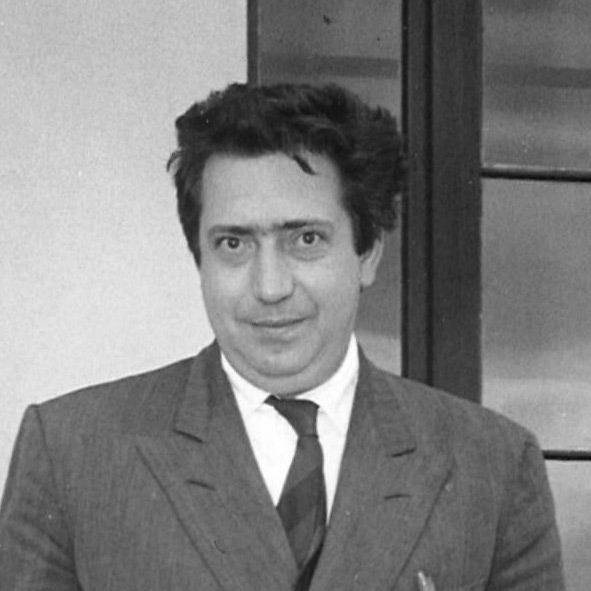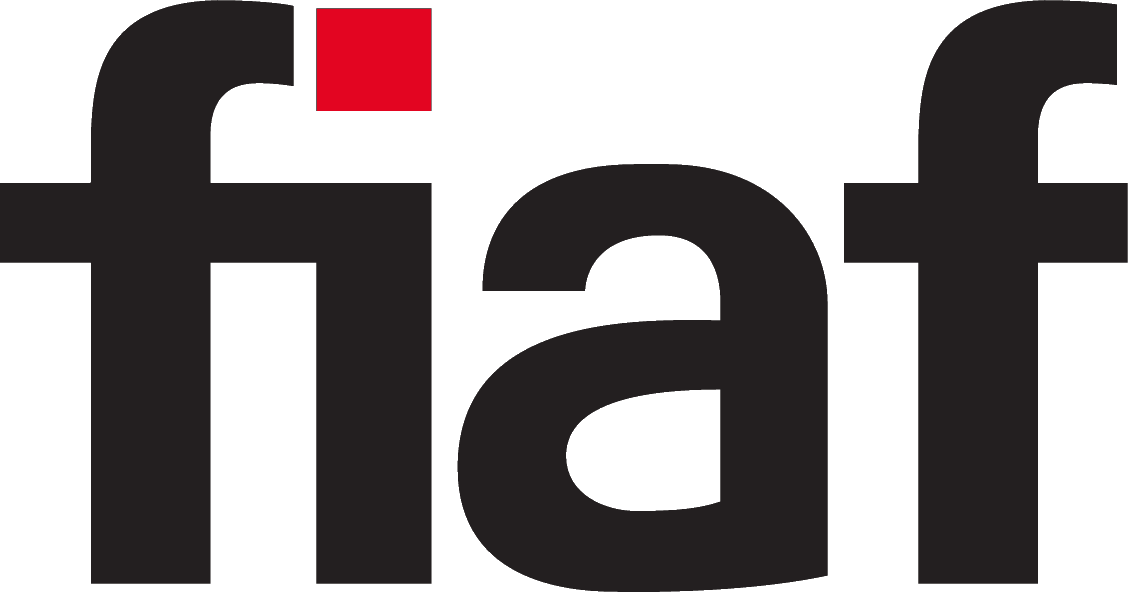Henri Langlois

Henri Langlois was one of the co-founders of the Cinémathèque française (1936), and remained its director (his official title being Secretary-General) until his death in 1977, with a short but much talked-about interlude in early 1968. Through his life-long work at the Cinémathèque, he was a hugely influential figure in the history of cinema, and he remains to this day one of the most best-known personalities of the film archive movement.
Langlois was one of FIAF’s co-founders in 1938, and probably the mastermind behind that project. During the war, his contacts with the German officer Frank Hensel, who had been elected FIAF President in 1939 and was based in occupied Paris, helped him save the collections of the Cinémathèque française. Langlois welcomed the first post-war FIAF Congress in Paris (1946), hosted the FIAF office on the premises of the Cinémathèque, and was for 15 years the charismatic leader of the film archive movement, for most years serving as Secretary-General of the Federation. In that period, he was responsible for the fast growth of the FIAF network, as he helped film archives emerge in many countries.
However, his eccentricity, controversial methods, and romantic attitude to film were by the late 1950s increasingly questioned by other leaders of FIAF, notably Ernest Lindgren of the UK's National Film Archive. A serious clash erupted between the two sides during the 1959 FIAF Congress in Stockholm. Soon afterwards Langlois had the FIAF office closed off and sealed (the administrative and archival documents it contained would only be returned to FIAF in October 1978, nearly two years after Langlois' death). By 1962, the Cinémathèque française was no longer a FIAF member – it would only be readmitted as a full member of FIAF in 1991. Langlois took a few close friends with him, including Freddy Buache (Cinémathèque suisse), James Card (George Eastman House), and Paulo Sales Gomes (Cinemateca Brasileira), but in the end FIAF survived the crisis. By the end of the decade, Langlois was challenged at home too. In February 1968, the French government attempted to remove him from office. Local and international uproar ensued and Langlois was reinstated within a few weeks. In 1974, he was the first film archivist to receive an Academy Honorary Award for "his devotion to the art of film, his massive contributions in preserving its past and his unswerving faith in its future". He has been the subject of several documentaries and books.





